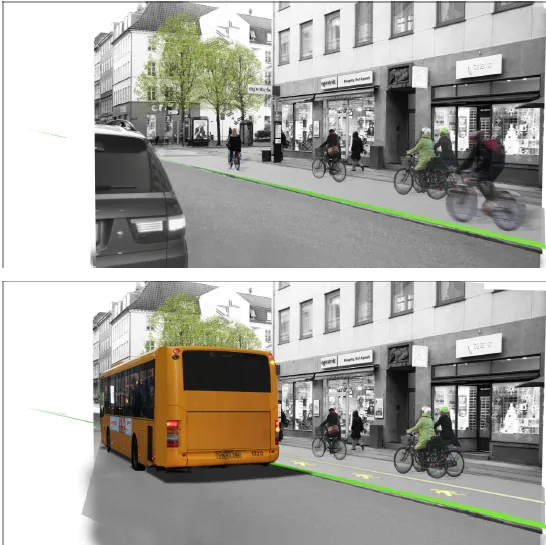Copenhagen’s municipal authorities are to tighten building contractors’ requirements to encourage them complete road repair works faster. Contractors in the Danish capital that exceed time limits will be fined, whereas contractors that finish work ahead of schedule will be rewarded. The new regulations will make it more expensive for the municipality to repair roads, but advocates say the move will pay off in the long run.
March 13, 2014
Read time: 1 min
Copenhagen’s municipal authorities are to tighten building contractors’ requirements to encourage them complete road repair works faster. Contractors in the Danish capital that exceed time limits will be fined, whereas contractors that finish work ahead of schedule will be rewarded. The new regulations will make it more expensive for the municipality to repair roads, but advocates say the move will pay off in the long run.








